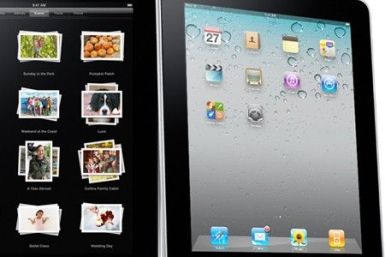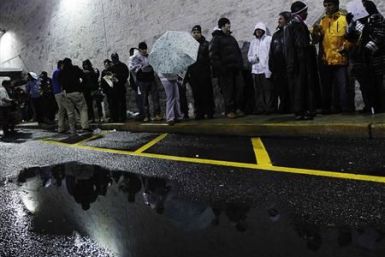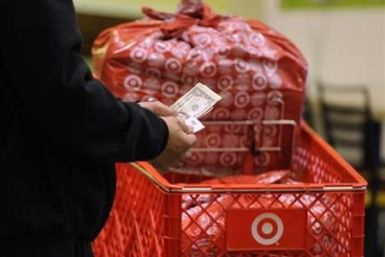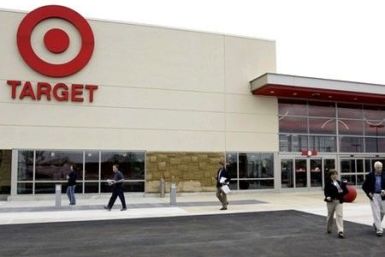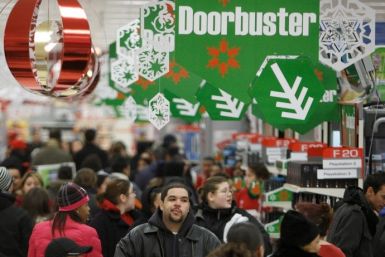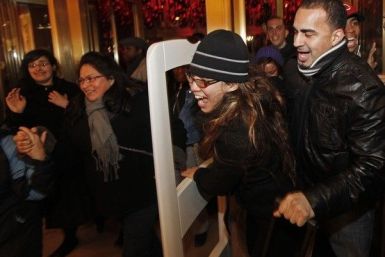The U.S. economy continued to improve, on balance, during the period from early/mid-October to mid-November, according to the Federal Reserve’s “Beige Book,” a compendium of economic reports from the central bank’s twelve districts.
U.S. online retail sales on Cyber Monday hit an all-time high and surpassed $1 billion for the first time for any single day of web shopping, according to research firm comScore Inc.
Consumers spent $1.028-billion online during Cyber Monday, up 16 percent from a year ago, and first time such spending surpassed the billion-dollar level. It was also the busiest online shopping day ever.
After Google announced plans to launch Google Editions in 2009, the much-awaited but delayed buy anywhere read anywhere digital book distribution channel is to hit the market by the end of December.
Standpoint Research has downgraded American Eagle Outfitters to hold from buy, expressing concerns over the apparel retailer's store count.
Cyber Monday sales were up, with mobile shoppers making a significant showing for the first time.
Online retail sales soared 19.4 percent through the afternoon of Cyber Monday from the prior year, according to data from Coremetrics, a division of IBM (NYSE: IBM).
ThinkEquity has increased its profit estimates and price target on Apple Inc., saying that the recent expansion of iPad distribution in the U.S. and iPad's launch in more international markets, easing of supply constraints this quarter are strong positives for the company.
The National Retail Federation (NRF) said that 212 million U.S. shoppers visited stores and websites over the Black Friday weekend, up from 195 million last year. Moreover, the average shopper spent $365.34 this weekend, up from last year’s $343.31 figure.
Stocks fell, but finished significantly above intra-day lows, as the market recovered somewhat from early losses triggered by renewed fears that the euro zone debt crisis could spread beyond Ireland to Portugal and Spain.
The eurozone’s economic sentiment rose to three-year high in November, despite concerns over the sovereign debt crisis in some countries in the region.
Now institutional investors in China can join the gold buying frenzy as well, which retail investors and the Chinese central bank are already engaged in. China approved the country's first mutual fund that bets on gold prices, as inflation fears fuel demand for the precious metal.
Despite the big build-up, retail sales on Black Friday were rather tepid. According to data from ShopperTrak, sales edged up a mere 0.3 percent from the same day last year.
Futures on major U.S. indices point to flat opening on Monday as the European Union’s 85 billion euro ($113 billion) financial assistance package for Ireland failed to boost investor sentiment.
A new survey shows shoppers are aware of security issues, but keep shopping online anyway.
The Bank of Japan (BoJ) Governor Masaaki Shirakawa said on Monday expanding the asset purchase fund could be an option if the economy worsens beyond the central bank's expectations, even as government data showed retails sales in October fell unexpectedly.
The U.S. online retail sector delivered double digit growth on Black Friday 2010 compared with the year-ago levels, according to a report from IBM. The findings showed that online sales rose 15.9 percent, with consumers pushing the average order value up 12.1 percent to $190.80.
British Fashion Council Chairman, Harold Tillman, was honored with the Commander of the Order of the British Empire (CBE) on Thursday at the Buckingham Palace.
Stocks tumbled in a holiday-shortened session on worries over threats of war by North Korea and pervasive fears that the euro zone sovereign debt crisis may spread to Spain and Portugal. Apparently, traders saw little solace in what appears to be shaping up as a strong Black Friday on the retail front.
As the stock market focuses its gaze upon the holiday shopping season, two of the most prominent companies in the retail sector that may attract much attention are Wal-Mart Stores Inc. (NYSE: WMT) and Target Corp. (NYSE: TGT).
Some studies indicate that Cyber Monday and other web promotions have taken customers out of line on Black Friday.
Beginning well before midnight on Thursday, in malls throughout the nation, the lifeblood of the American economy – the consumers – will start queuing up outside the locked entrances of various retail stores, forming longer and longer lines, clutching ads and lists and coupons, sipping coffee and hot chocolate, rubbing their hands and stomping their feet for warmth, exciting each other with anticipatory chatter, and waiting, waiting for the clock to strike the appointed hour, the clerk to open ...












